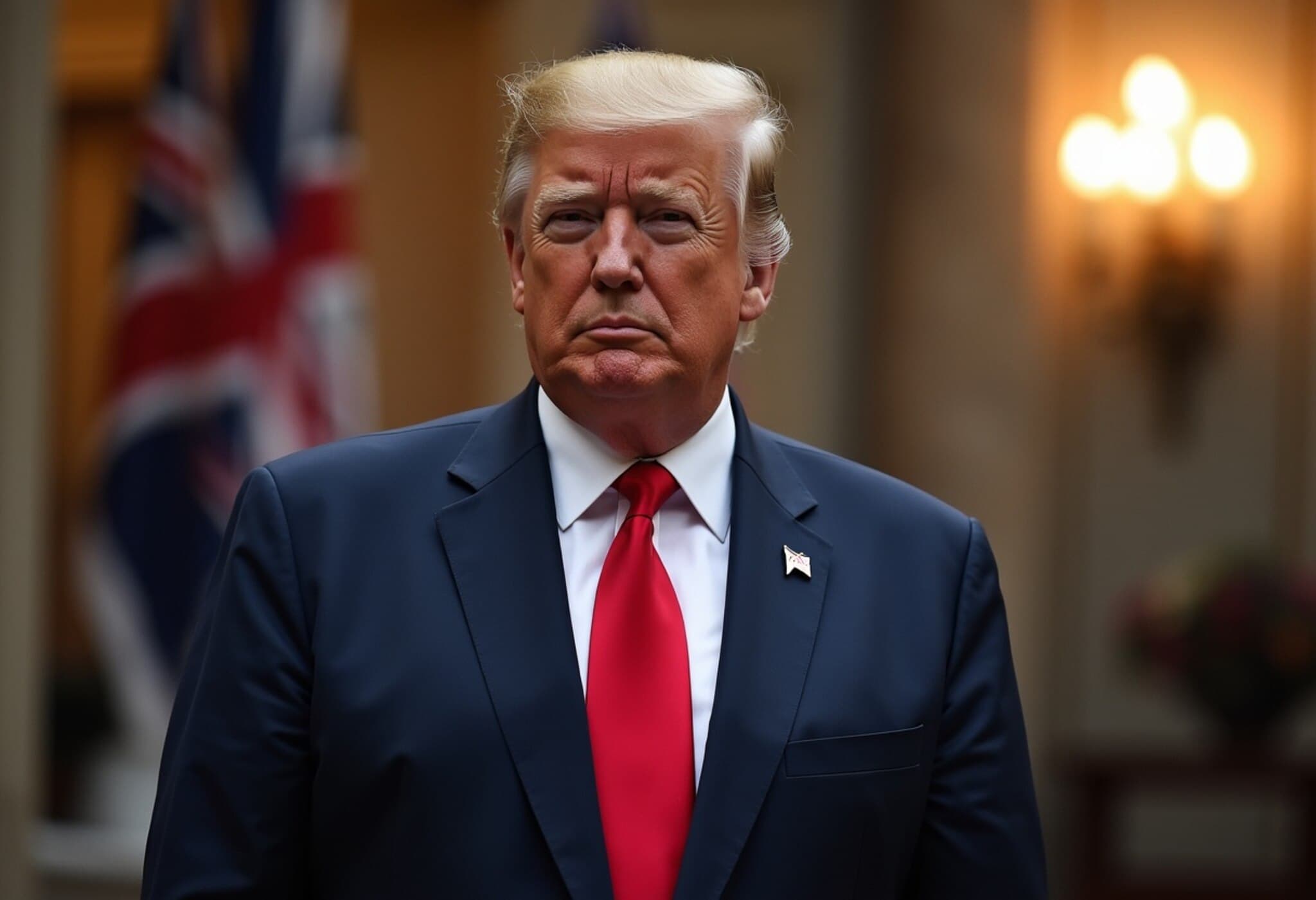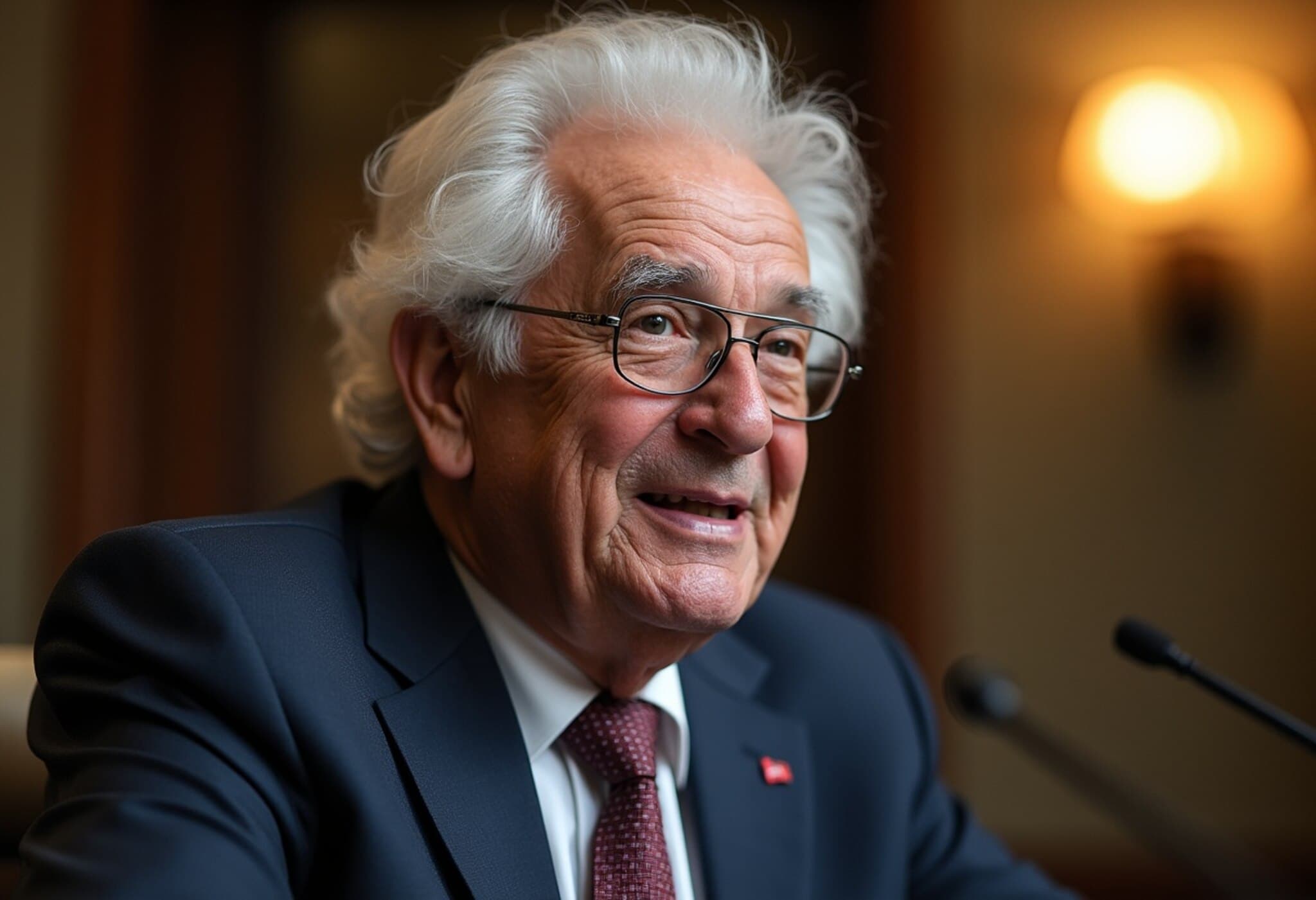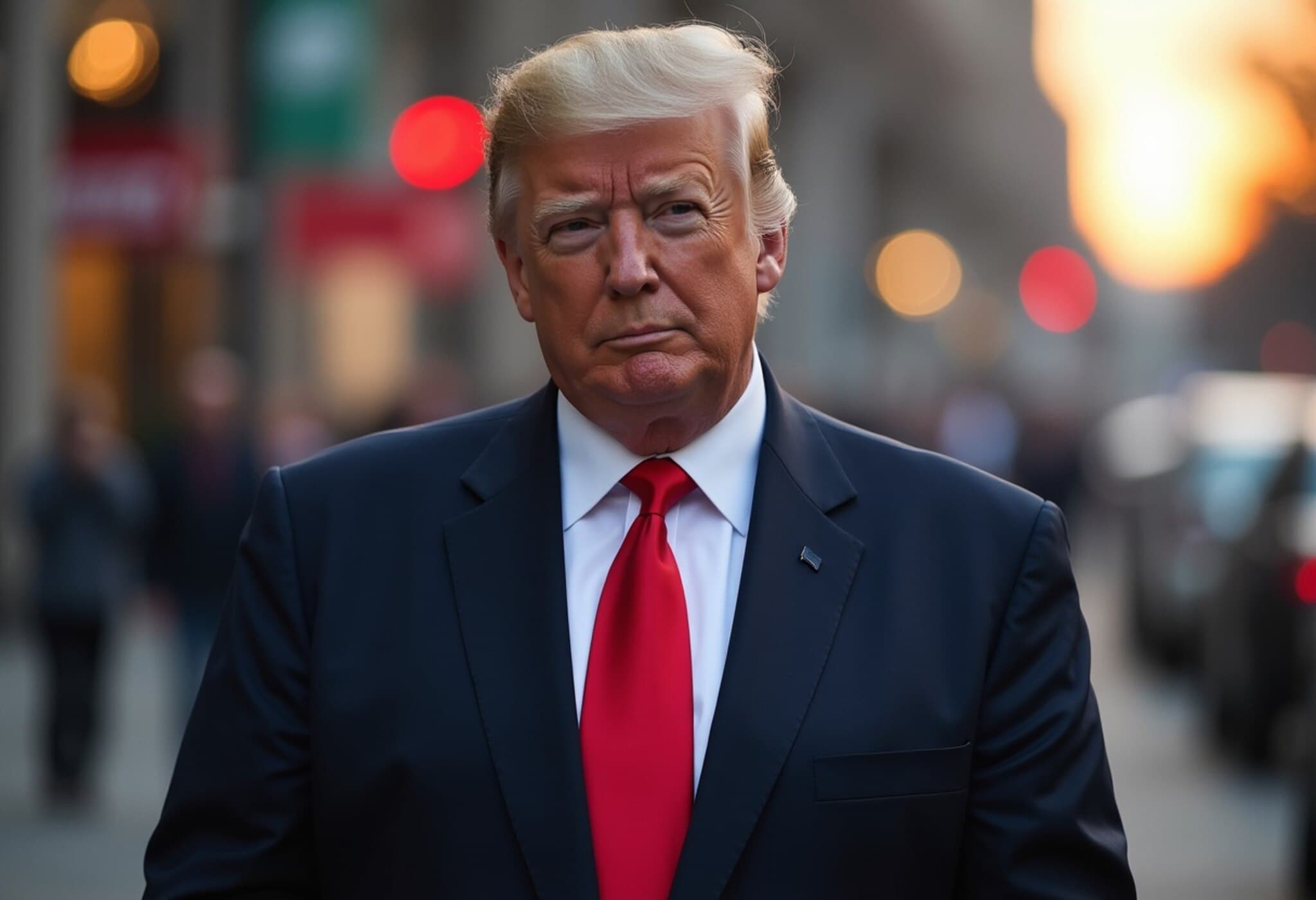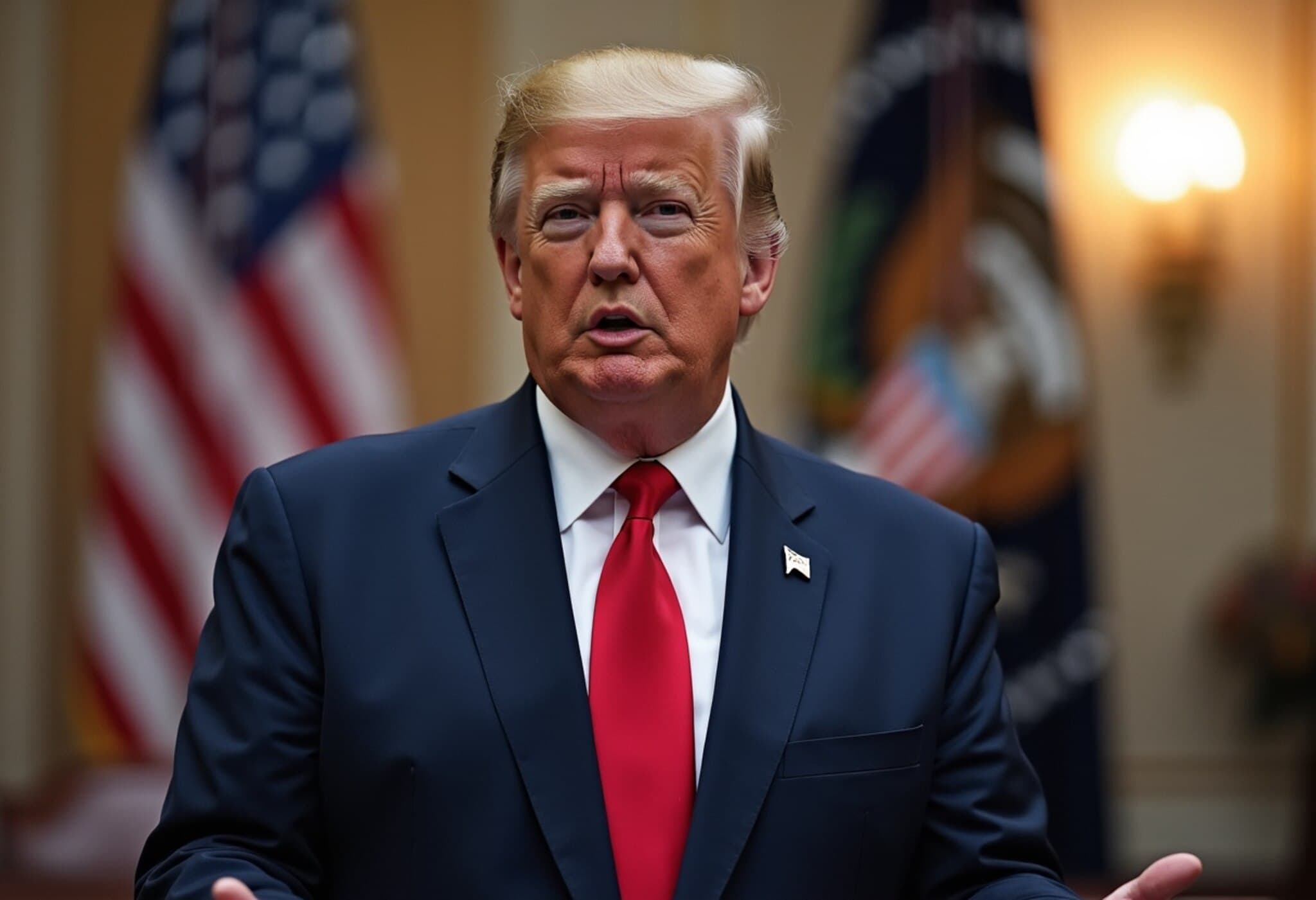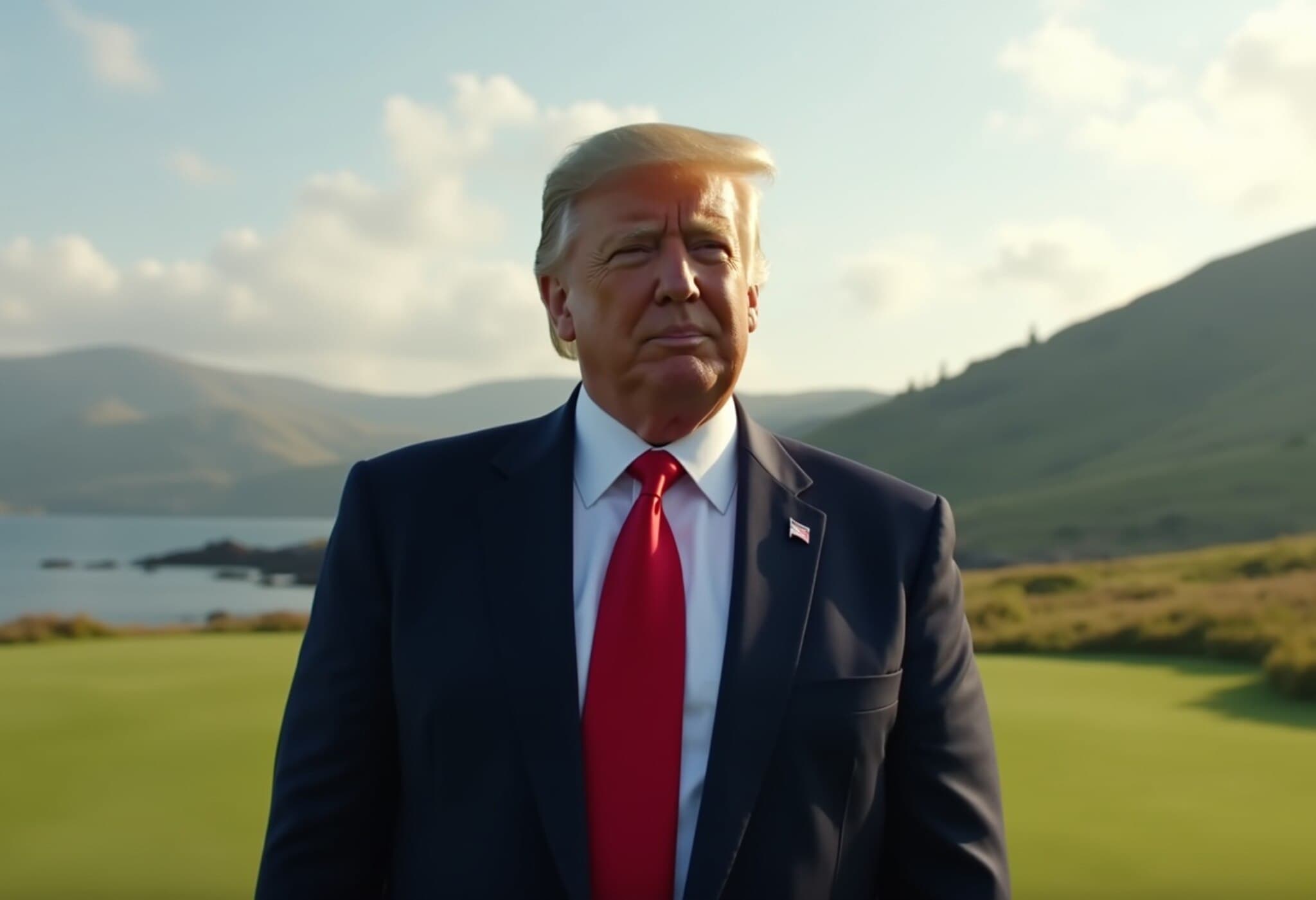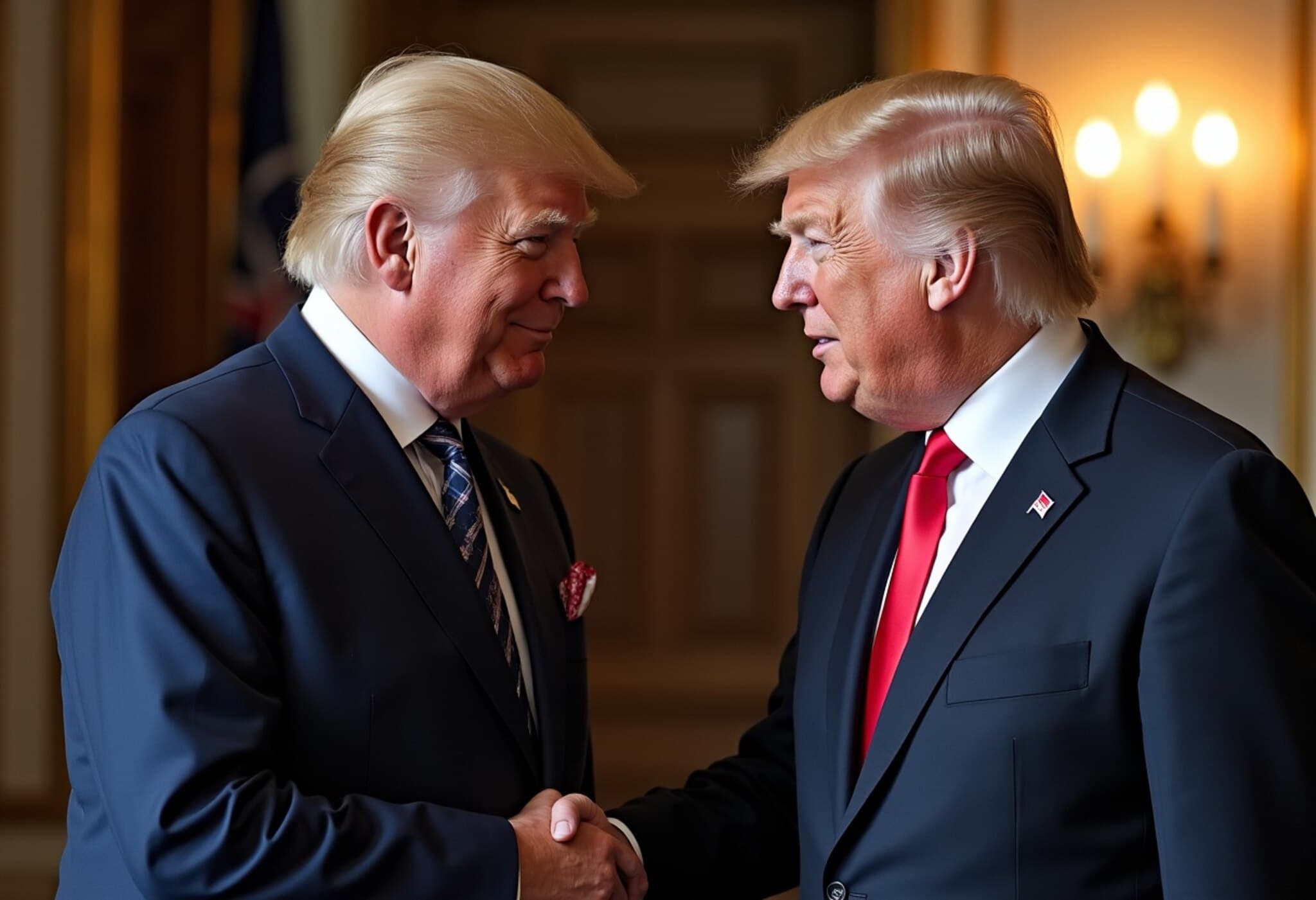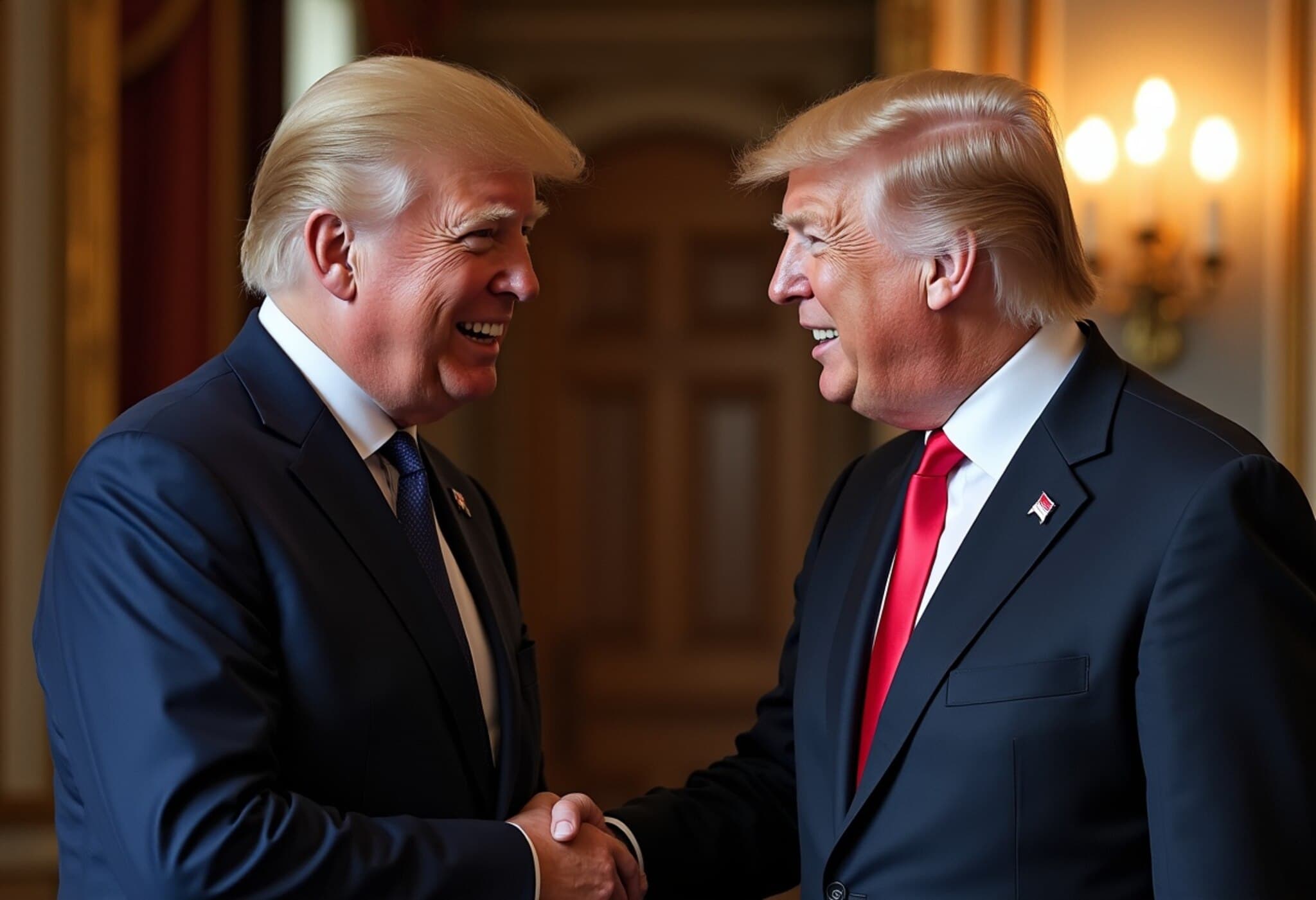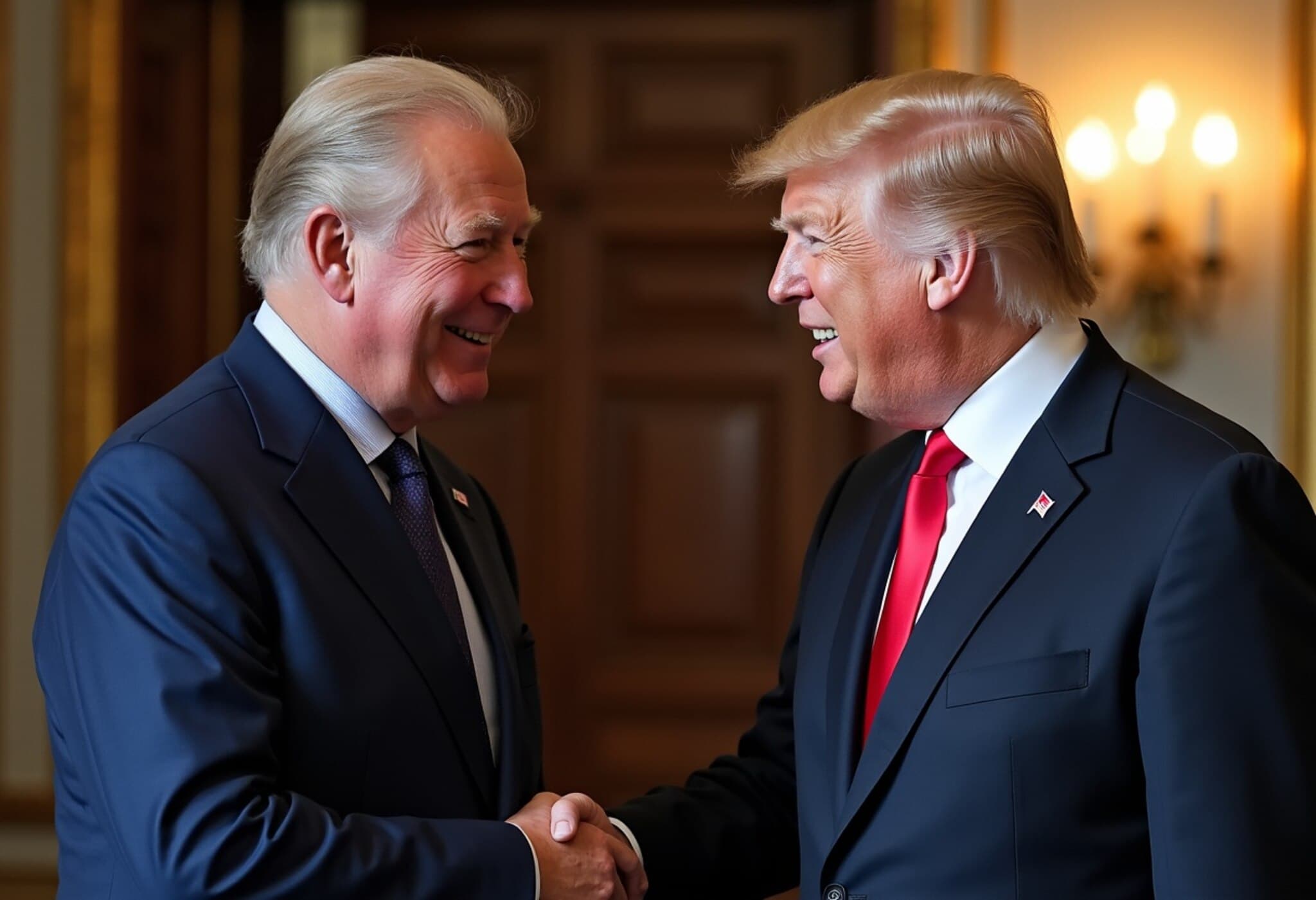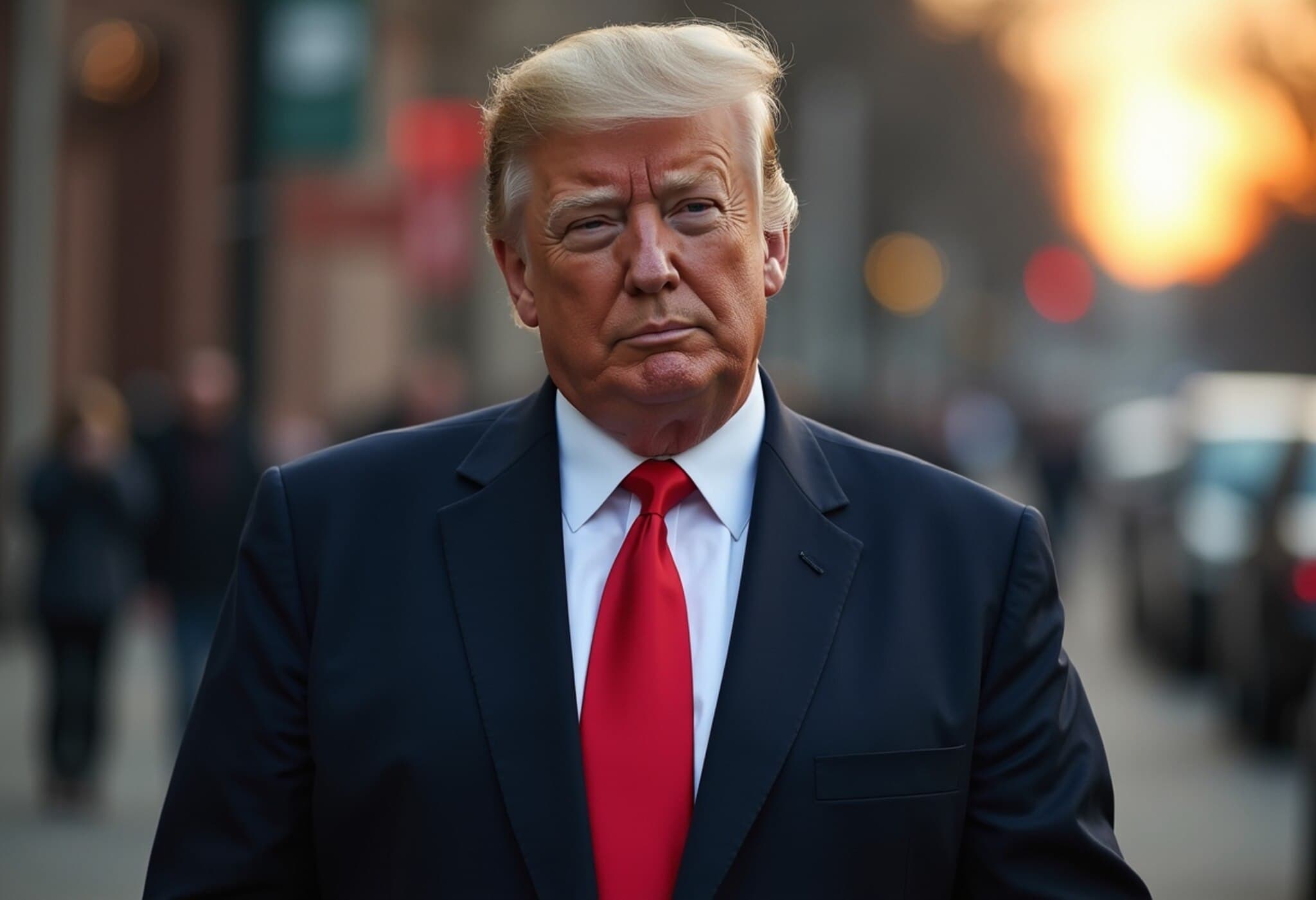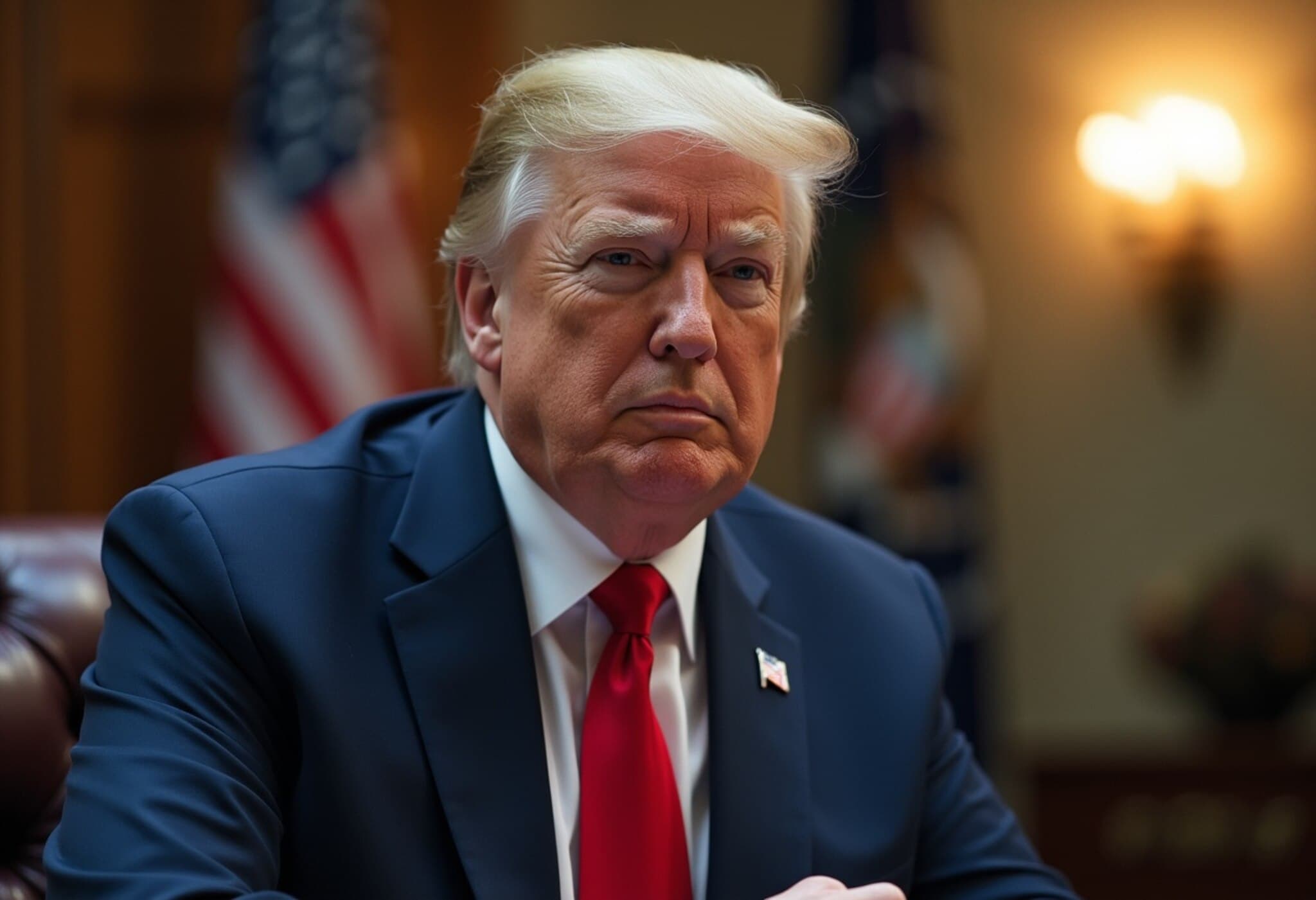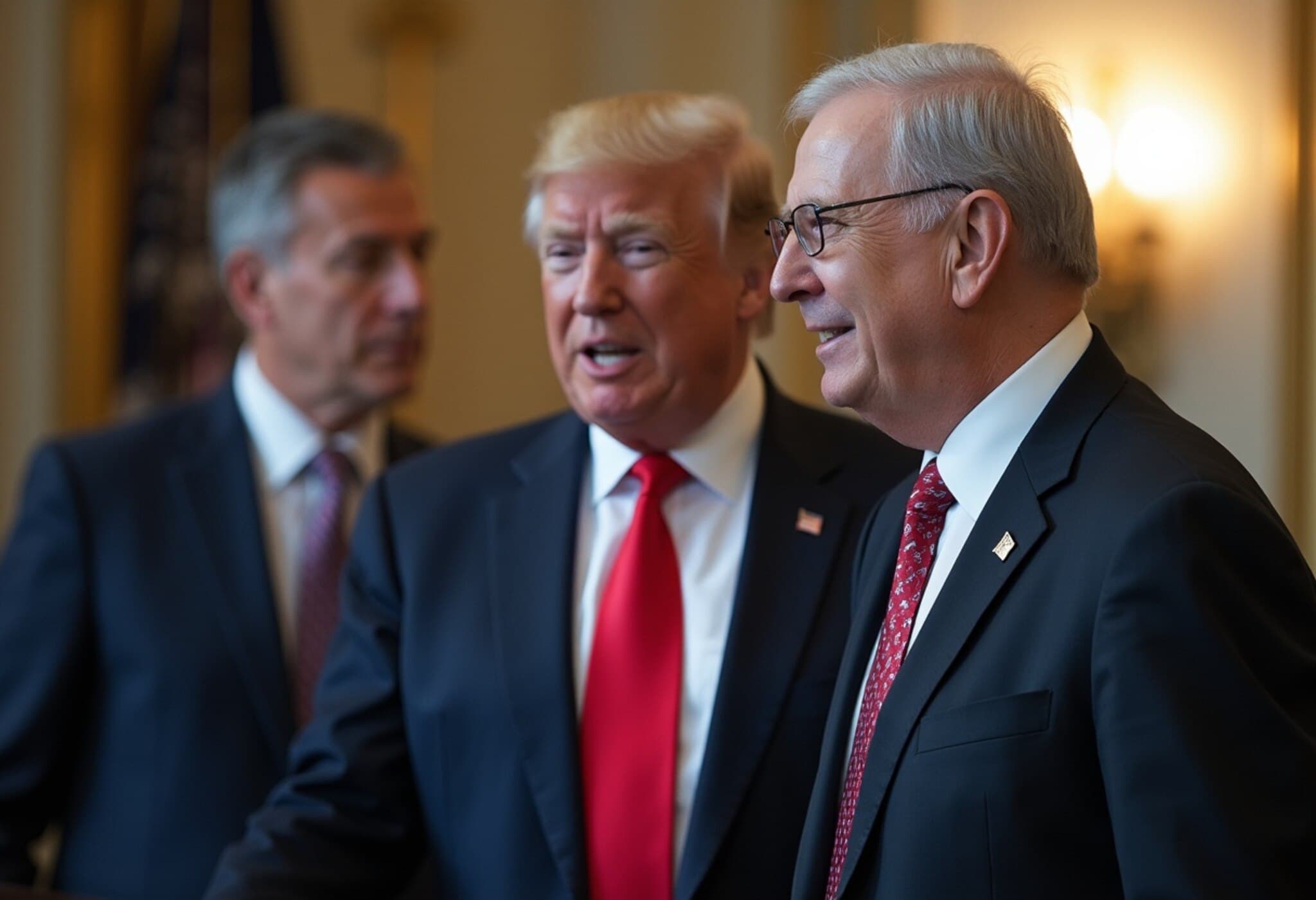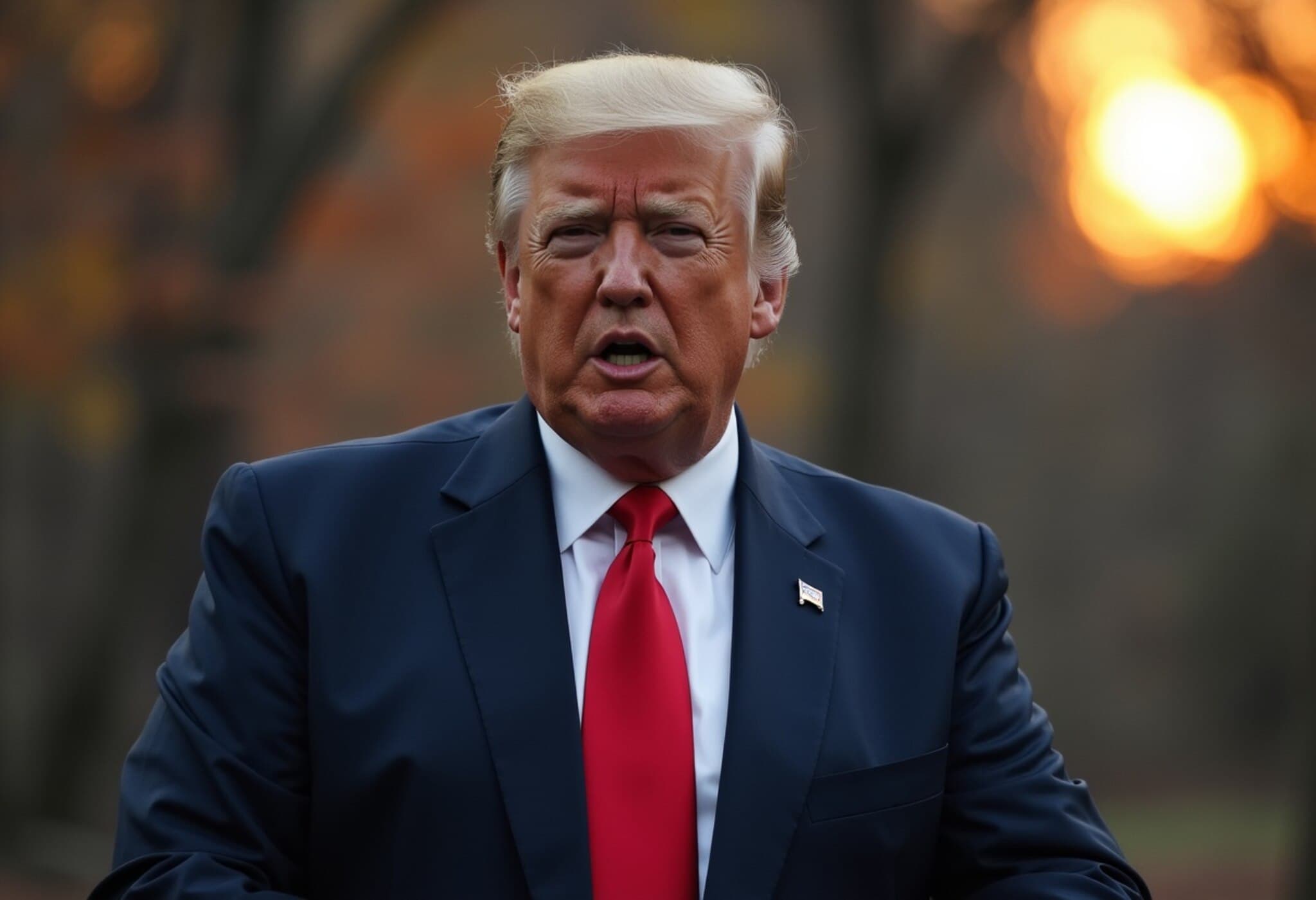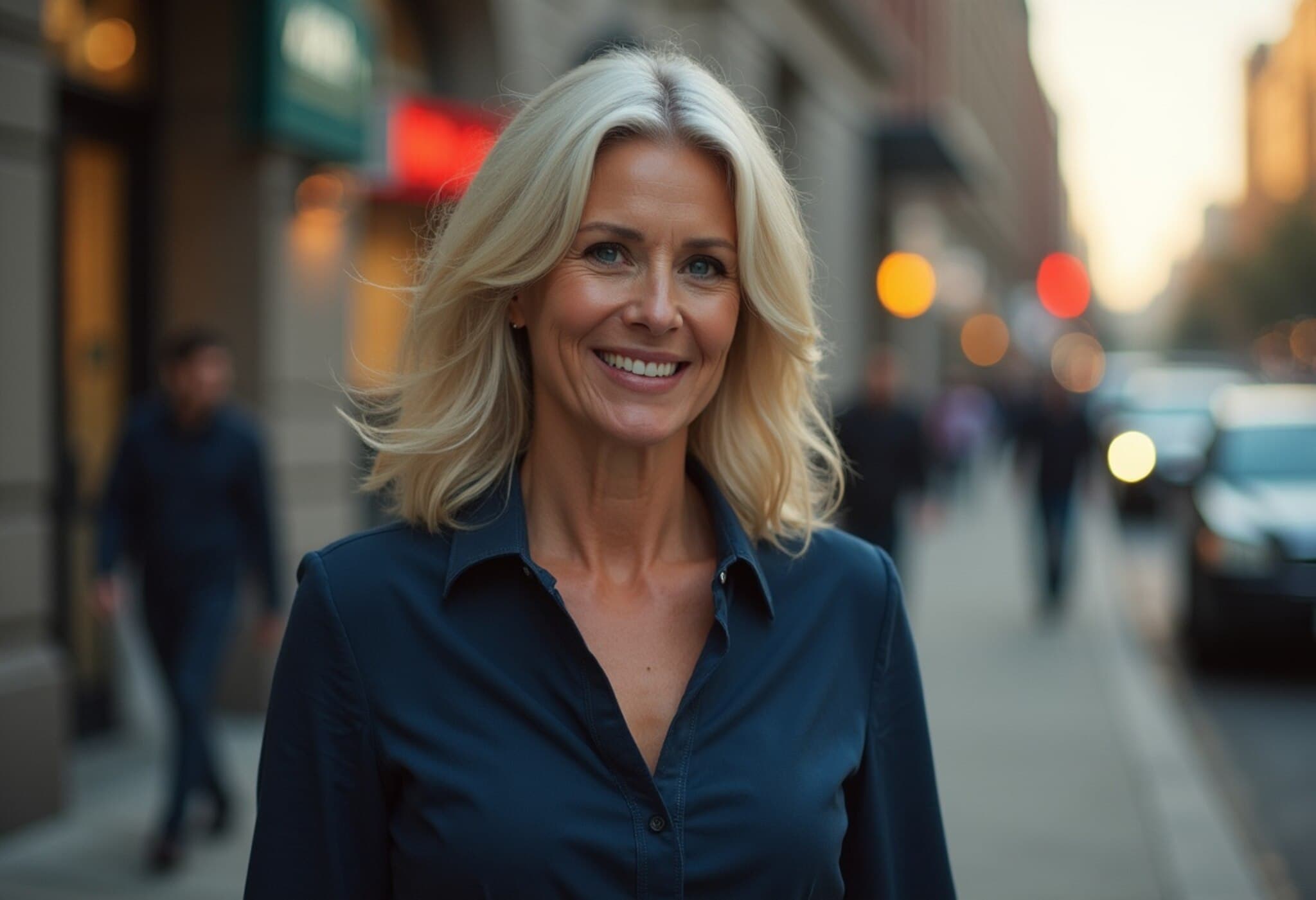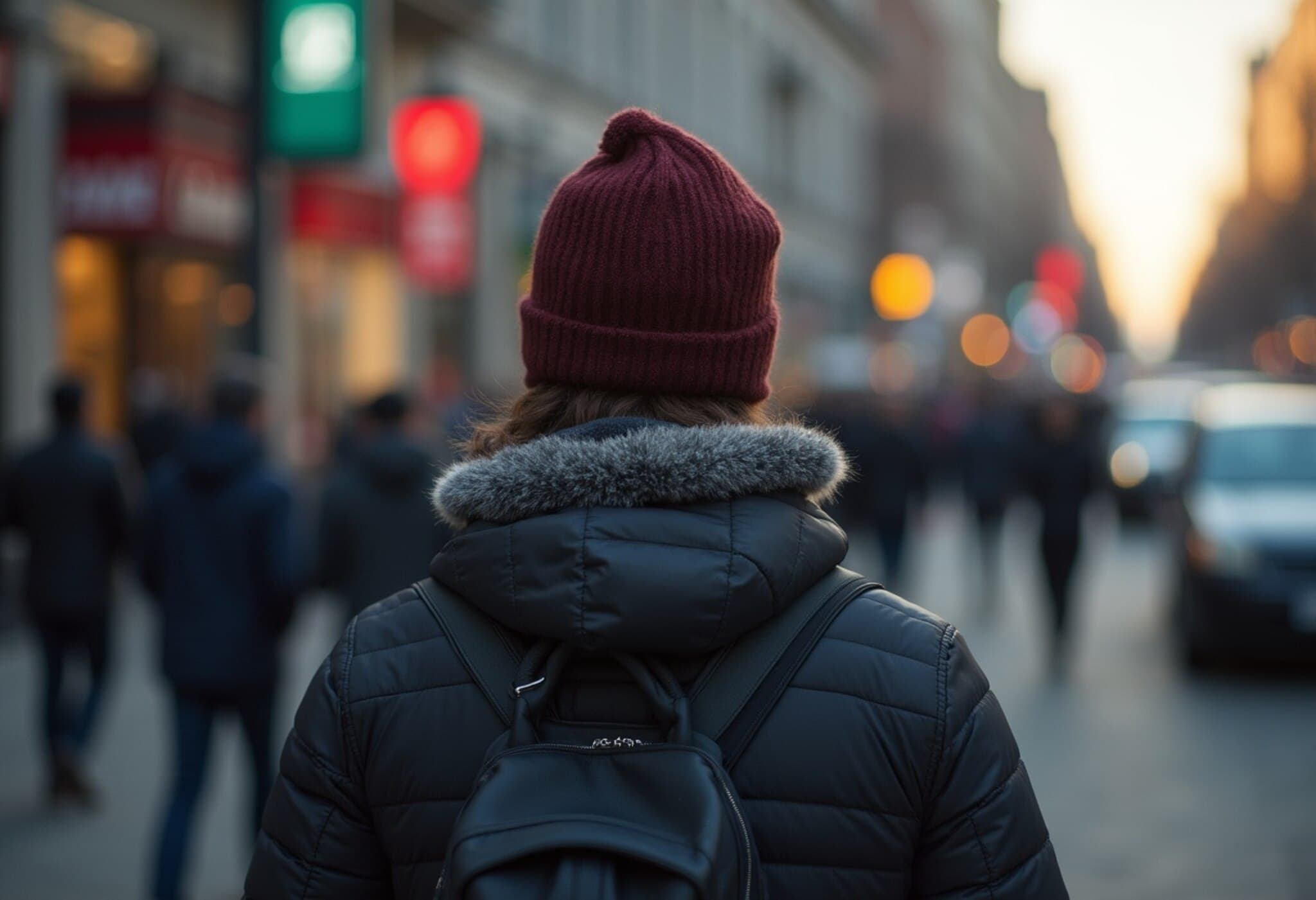Donald Trump Accepts Invitation for Second State Visit to the UK
In a move that captures both historical significance and contemporary diplomacy, former US President Donald Trump has accepted an invitation from King Charles III for a rare second state visit to the United Kingdom. Buckingham Palace officially announced that Trump will be hosted at Windsor Castle from September 17 to 19, 2025.
Details of the Visit: A Blend of Tradition and Modernity
This will mark Trump’s second official state visit to the UK, the first having taken place in 2019 during his initial term as president, then hosted by the late Queen Elizabeth II. However, unlike traditional protocol where second-term presidents usually receive a more modest invite like a tea or lunch with the monarch, this visit is a full state occasion, underscoring the unique dimensions of diplomatic relations today.
Due to ongoing renovations at Buckingham Palace, Trump and Melania Trump will stay at Windsor Castle, where the itinerary includes a grand ceremonial welcome and a state banquet in the historic St George’s Hall. Senior members of the royal family, including the Prince and Princess of Wales, are expected to participate in the festivities.
Contextualizing the Visit: Diplomacy Amid Complex US-UK Relations
Trump’s UK visits have always been watched closely, and this upcoming visit is no exception. The last state occasion at Windsor Castle was just last week, when French President Emmanuel Macron and his wife enjoyed a ceremonious outing, which included a carriage procession.
Security planning is reportedly extensive. His 2019 trip notably lacked a public procession along The Mall, with transport relying heavily on helicopters to minimize disruption and risk.
One question remains whether Trump will speak before Parliament—the British political calendar presents challenges with the House of Commons on recess but the House of Lords still active during his stay.
Political and Diplomatic Implications
Prime Minister Sir Keir Starmer personally delivered the invitation to Trump in the Oval Office earlier this year, emphasizing the importance of strengthening the "special relationship" between the United States and the United Kingdom. Starmer views this visit as a strategic opportunity to influence Trump's positions on key issues such as the Ukraine conflict and Tariff reductions on British exports—topics critical to economic and security interests shared between the two nations.
Trump himself has expressed warm sentiments toward the royal family in recent months, publicly acknowledging a strong personal respect for King Charles and other royals, signaling a potentially smoother diplomatic engagement.
Broader Significance and Regional Relevance
This visit occurs within a larger geopolitical context where the role of soft diplomacy—state visits, royal engagements, and ceremonial honors—continues to shape international alliances. King Charles’s recent visit to Canada to open Parliament was widely interpreted as an effort to reaffirm Commonwealth ties, especially amid tensions sparked by past US tariffs and provocative remarks.
Moreover, Trump's acceptance of a second state visit breaks with long-standing protocols, highlighting evolving diplomatic norms. It raises interesting questions about how symbolic gestures influence substantive policy—will this royal hospitality pave the way for enhanced cooperation or merely serve as a media spectacle?
Looking Ahead: What to Watch During the Visit
- Security and Protocol: How UK authorities manage the delicate balance of ceremony and safety.
- Parliament Interaction: Will Trump engage with legislators, potentially shaping political discourse?
- Diplomatic Outcomes: Progress on tariffs, Ukraine aid, and transatlantic relations.
- Public and Media Reaction: How the UK and global audiences perceive this high-profile encounter amid polarized views on Trump.
Editor's Note
Donald Trump’s upcoming state visit is more than a headline—it is a case study in how tradition meets modern diplomacy. As the UK seeks to navigate post-Brexit realities and reinforced alliances, the role of royal ceremonies as instruments of soft power becomes ever more apparent. Yet, the visit also prompts reflection: Will historical protocols and pageantry translate into concrete policy gains, or simply stand as symbolic gestures amid complex geopolitical currents?
Readers should watch closely how this event shapes the broader US-UK relationship, especially in areas of trade and global security. It reminds us that behind glittering banquets and regal processions lie real stakes and human stories shaping international futures.

